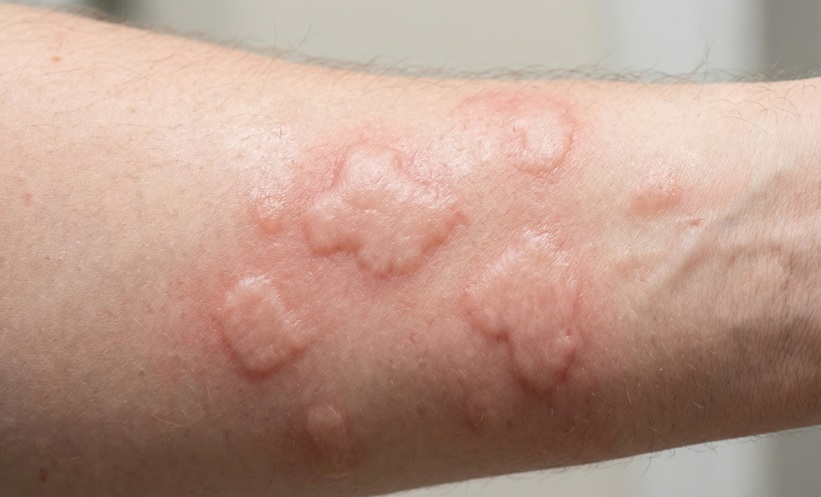SEVERE, uncontrolled asthma (SUA) presents a major clinical challenge, often leading to frequent exacerbations, impaired lung function, and reduced health-related quality of life. While monoclonal antibody therapies targeting specific inflammatory pathways have improved outcomes, data in Asian populations have been limited. The DIRECTION study aimed to evaluate the efficacy and safety of tezepelumab, a human monoclonal antibody that inhibits thymic stromal lymphopoietin, in adults with SUA across China, the Philippines, and the Republic of Korea, providing insights relevant to routine clinical practice in these regions.
In this Phase III, multicentre, double-blind study, 400 adults aged 18–80 years with SUA were randomised 1:1 to receive either subcutaneous tezepelumab 210 mg or placebo every four weeks for 52 weeks, with no restrictions based on baseline biomarker status. The primary endpoint was annualised asthma exacerbation rate (AAER) over 52 weeks. Secondary endpoints included changes in pre-bronchodilator FEV1, Asthma Control Questionnaire-6 (ACQ-6), Asthma Quality of Life Questionnaire for patients aged ≥12 years (AQLQ[S]+12), and Asthma Symptom Diary (ASD) scores. Results demonstrated that tezepelumab reduced AAER by 74% versus placebo in the overall population (95% CI: 61, 83; P<0.001) and by 60% in patients with baseline blood eosinophils <300 cells/μL (95% CI: 31, 77). Improvements were also observed in pre-bronchodilator FEV1 (least-squares mean difference: 0.24 L; 95% CI: 0.16, 0.32) and ACQ-6, AQLQ(S)+12, and ASD scores at Week 52, all statistically significant (P≤0.001). No new safety concerns emerged, supporting the tolerability of tezepelumab in this population.
These findings confirm that tezepelumab effectively reduces exacerbation frequency while improving lung function, asthma control, and quality of life among Asian adults with SUA, mirroring results from global studies. Clinicians may consider incorporating tezepelumab into treatment strategies for patients with severe asthma who remain uncontrolled despite standard therapy, particularly for those with low baseline eosinophil counts. Future research should explore long-term outcomes, real-world adherence, and cost-effectiveness to guide optimal integration into clinical practice.
Reference
Yang X et al. Efficacy and safety of tezepelumab in adults with severe, uncontrolled asthma in asia: results from the phase 3 DIRECTION study. J Allergy Clin Immunol Pract. 2025:S2213-2198(25)00757-3.





